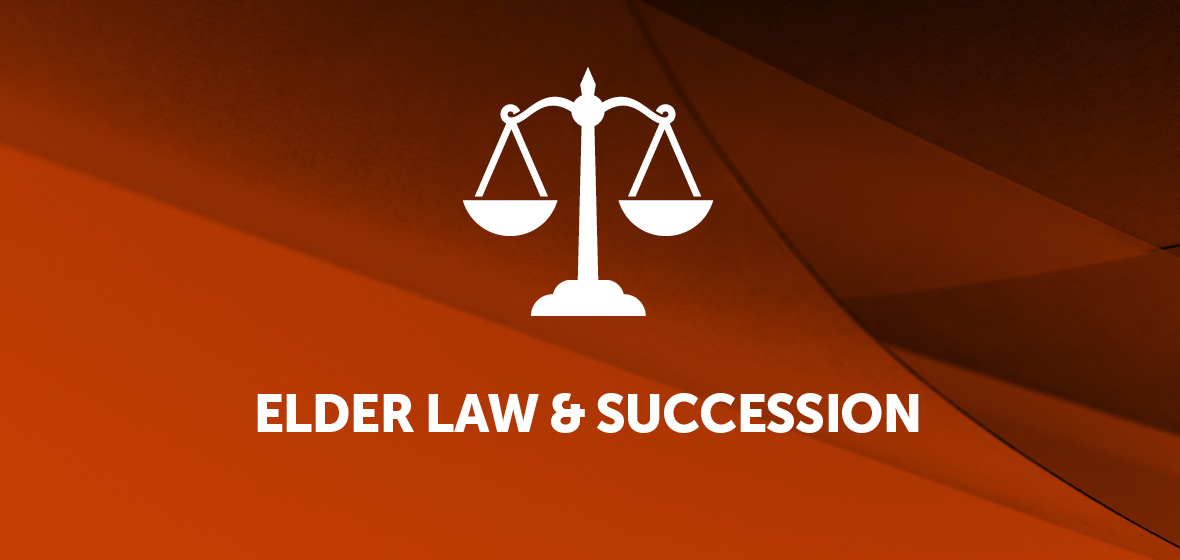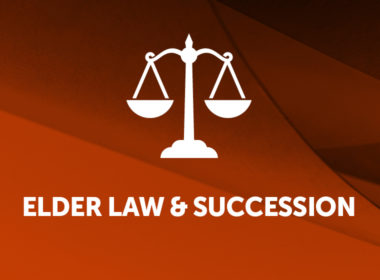Key decisions
- Drivas v Jakopovic [2018] NSWSC 1803
- The Public Trustee v Nezmeskal [2018] WASC 394
- Re Hely; Application by Arbuthnot & Donoghue [2018] VSC 614
- Southwell v Staite [2019] ACTSC 2
The use of medical evidence in the assessment of testamentary capacity
The genesis of the dispute involving Marija Jakopovic’s estate occurred within a short time span in 2007 when Marija made a will leaving 60 per cent of her estate to her daughter, Branka, because of the daily attention to her needs. She received treatment from a neurologist for dementia (including a CT scan of her brain disclosing significant vascular disease consistent with dementia and damage to the frontal lobe area which could affect executive functioning), obtained a Mini Mental score of 18/30, was admitted to the dementia unit of a nursing home, became distressed that she was being detained against her will and blamed Branka for the admission. She complained to her son Boris, appointed Boris as her attorney, left the nursing home with him and stayed with him for a short period, saw another doctor who prescribed psychotropic medication, scored 21/30 on the MMSE and then returned home (where she lived for a further two years). She then made a will leaving her estate equally to her two children, Branka and Boris. The will provided that if Boris predeceased her leaving children surviving her, those children took their father’s share. However the will did not contain a comparable provision for Branka. In 2011, Branka died leaving a daughter, Anita Drivas. In 2015, Marija died. Boris obtained probate.


